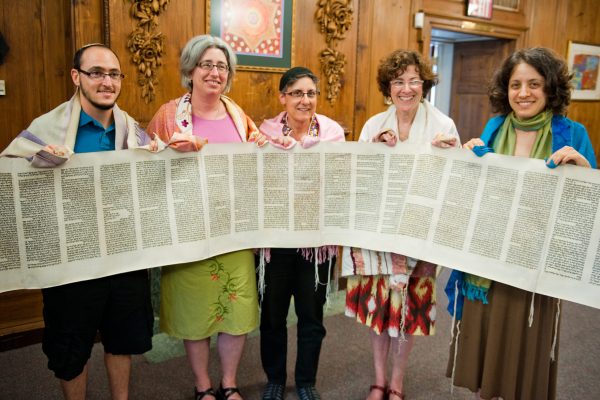Introduction
Confessing our wrongdoings, as the Yom Kippur liturgy encourages us to, is certainly important and worthwhile. But in addition, Rav A. I. Kook, in Ein Ayah (The Falcon’s Eye), his commentary on sections of the Talmud, suggests another important practice: articulating our many positive deeds. How might you adapt “The Positive Confession,” below, to reflect your own needs this Yom Kippur? What do you want or need to acknowledge, thank and praise yourself for at this time?
—Rabbi Daniel Raphael Silverstein
Download the printable PDF.











